Understanding the intricacies of beer licensing can be overwhelming, especially when considering the varying requirements across different states like California, Texas, and beyond. Whether you’re looking to establish a brewery, a bar, or a retail establishment, navigating the world of beer licenses involves deciphering numerous types, understanding the associated costs, and complying with state-specific regulations. From the basic licensing process to the differences between Type 17 and Type 75 licenses, this comprehensive guide will walk you through everything you need to know to secure the proper permits and operate legally. Discover how liquor license costs vary by location, explore the steps to obtain a beer and wine license in your state, and learn how to avoid common mistakes during the licensing process. With this detailed overview, you’ll be well-prepared to navigate the regulatory landscape and ensure compliance with local laws.
Key Takeaways
– Understand the cost variations for beer licenses in Texas, including initial fees, renewals, and local surcharges.
– Identify the appropriate alcohol license type for your business in Texas, whether it’s a basic retailer, mixed beverage, wholesale distributor, or manufacturer’s license.
– Research local regulations and prepare necessary documentation before applying for a beer license.
– Consider additional costs for specific establishments like bars, restaurants, and craft breweries.
– Explore the requirements for obtaining a beer license, including age restrictions, business licensing, and regulatory compliance.
– Learn about the different types of beer licenses available, catering to manufacturing, distribution, and retail operations.

What is a Type 17 License in California?
A Type 17 license in California is specifically designated for beer and wine wholesalers. This license allows holders to sell alcoholic beverages to other supplier-type licenses, such as retailers or other wholesalers. It is typically issued in conjunction with a Type 09 (Beer and Wine Importer) license, reflecting the collaborative nature of the wholesale distribution process in the alcohol industry.
Key Points About a Type 17 License:
- Scope : The Type 17 license is restricted to beer and wine, excluding spirits, vodka, whiskey, and other distilled beverages. It does not require registration with the California Department of Tax and Fee Administration (CDTFA) for an alcoholic beverage tax account, unlike other license types.
- Who Needs It : Businesses requiring a Type 17 license are typically those involved in the distribution of beer and wine to other suppliers, such as retailers, bars, or restaurants.
- Regulations : The California Department of Alcoholic Beverage Control (ABC) oversees the issuance of this license. Applicants must meet specific regulatory requirements, including proof of business structure, no prior violations, and submission of detailed financial information to demonstrate compliance capabilities.
- Application Process : The process involves submitting completed forms, applicable fees, and may include facility inspections to ensure compliance with health and safety standards. The fee structure depends on the applicant’s gross annual sales volume.
- Compliance : Licensees must adhere to strict reporting requirements, including maintaining accurate records of all transactions and submitting timely reports to the ABC. Failure to comply can result in penalties or license revocation.
For more details or to apply, visit the California Department of Alcoholic Beverage Control website: California ABC .
What License Do You Need to Sell Beer in California?
In California, selling beer requires obtaining the appropriate alcohol license from the California Department of Alcoholic Beverage Control (ABC). The type of license depends on the nature of your business:
- Type 1 License : For wineries producing their own wine for sale off-premises.
- Type 2 License : For businesses selling both beer and wine, often found in pubs, bars, and restaurants that serve food.
- Type 3 License : For businesses selling only beer, typically in locations without food service.
Additionally, if you plan to operate an outdoor beer garden, you may need a special “beer garden” license, which allows for limited on-site consumption without a full bar setup.
Applying for a license involves submitting a completed application to the ABC, passing local health and safety inspections, and paying the associated fees. Processing times can vary, so it’s advisable to apply well in advance of your intended opening date.
For detailed information and specific requirements, consult the California Department of Alcoholic Beverage Control or local licensing authorities, as regulations may differ by county or city.

Type 75 License in California
A Type 75 license in California is issued to restaurants that want to sell alcoholic beverages for on-premises consumption. This license allows the establishment to serve beer, wine, and distilled spirits in conjunction with a bona fide eating place, meaning the restaurant must offer a legitimate food service.
Key details about a Type 75 license include:
- Allowed Sales: Beer, wine, and distilled spirits may be sold for consumption on the premises.
- Brewing Permitted: Holders of a Type 75 license are permitted to brew a limited amount of beer on-site for their own use.
- Food Service Requirement: The establishment must operate as a bona fide eating place, typically requiring a proper kitchen and food preparation area.
Restaurants applying for a Type 75 license must meet specific criteria, including having a suitable facility and adhering to local health and safety regulations. The licensing process involves submission of the appropriate application and payment of required fees, followed by inspection and approval by the California Department of Alcoholic Beverage Control (ABC).
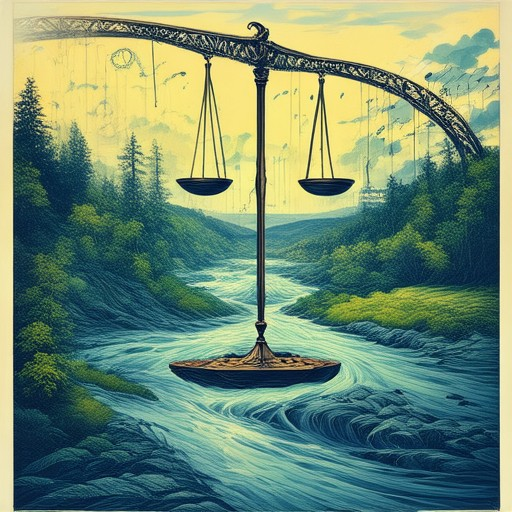
How Much Is a Beer License in Texas?
The cost of obtaining a beer license in Texas varies depending on the type of establishment and the volume of alcohol sold. Here’s a breakdown:
- Initial Application Fees :
- For breweries, wineries, and distilleries, the initial fee is typically around $100 to $300 .
- Retailers, such as stores selling beer, may pay a similar range, though it can vary based on the size and scope of the business.
- Annual Renewal Fees :
- After the first year, renewal fees are generally lower, ranging from $50 to $150 annually , depending on the establishment’s size and the type of alcohol sold.
- Additional Costs for Specific Establishments :
- Bars and restaurants often face higher fees due to the need for a separate “on-premises” alcohol license, which can range from $250 to $600 per year.
- Craft breweries or taprooms may incur different fees, particularly if they sell directly to consumers or at on-site tastings.
- Local Variations :
- Local governments or counties may impose additional fees or taxes, which can increase the total cost. Urban areas, for instance, might have higher fees compared to rural regions.
For precise information, consult the Texas Alcoholic Beverage Control (TABC) website or contact their office directly.
What License Do You Need to Serve Alcohol in Texas?
To legally sell alcohol in Texas, you must obtain the appropriate license from the Texas Alcoholic Beverage Control (TABC). The type of license depends on the nature of your business and the activities involved:
- Basic Retailers License :
- Allows the sale of beer, wine, and spirits for on-premises consumption (e.g., bars, restaurants, and retail stores).
- Valid for establishments serving alcohol directly to customers.
- Mixed Beverage License :
- Combines the Basic Retailers License with the authority to sell beer and wine for off-premises consumption.
- Ideal for bars that want to sell both beer and wine for on-premises and packaged beverages.
- Wholesale Distributor License :
- Required for selling alcohol to retailers, manufacturers, or other licensed entities.
- Covers off-premises sales, such as through grocery stores or delivery services.
- Manufacturer’s License :
- Necessary for businesses that produce alcohol, including distilleries, wineries, and breweries.
- Allows production, bottling, and distribution of alcohol products.
Special permits may also be required for specific activities, such as hosting special events or private parties. Additionally, local laws in counties like Austin, Dallas, and Houston may impose further requirements beyond the state-licensing process.
For more details or to apply, visit the Texas Alcoholic Beverage Control website or contact local licensing authorities.

What is a Beer License?
A beer license is a legal permit allowing individuals or businesses to manufacture, bottle, distribute, or sell beer. The specific requirements vary depending on the location, type of establishment, and intended operations. Below are the key details and steps to obtain a beer license.
Requirements for Obtaining a Beer License
To apply for a beer license, follow these general steps:
- Age Restrictions: Most jurisdictions require applicants to be at least 21 years old to obtain a beer license.
- Business Licensing: Depending on the scale of operations, a business license may be required. Check local regulations for specific requirements.
- Regulatory Compliance: Ensure compliance with local health codes, safety standards, and alcohol laws. This includes proper labeling, storage, and distribution practices.
- Production Scale: If producing beer, the facility must meet certain standards, including hygiene and fire safety. Larger breweries may face stricter regulations.
- Fees: Application and renewal fees vary by location. Plan accordingly to cover associated costs.
Types of Beer Licenses
Licensing categories often differ based on the type of operation:- Manufacturing Licenses: For breweries or microbreweries focusing on production.- Distribution Licenses: For companies involved in transporting and distributing beer.- Retail Licenses: For bars, restaurants, or stores selling beer directly to consumers.
How to Apply
- Research local regulations through official government websites or industry associations like CraftBeer.com .
- Gather necessary documents, including proof of age, business registration, and facility details.
- Submit applications via local government portals or in-person at city halls or liquor control boards.
- Pay the required fees and obtain the license upon approval.
Conclusion
Obtaining a beer license involves meeting several regulatory requirements and understanding local laws. By working with local authorities and industry experts, you can navigate the process effectively. For further guidance, visit The Goods On Tap for comprehensive brewery insights and resources.

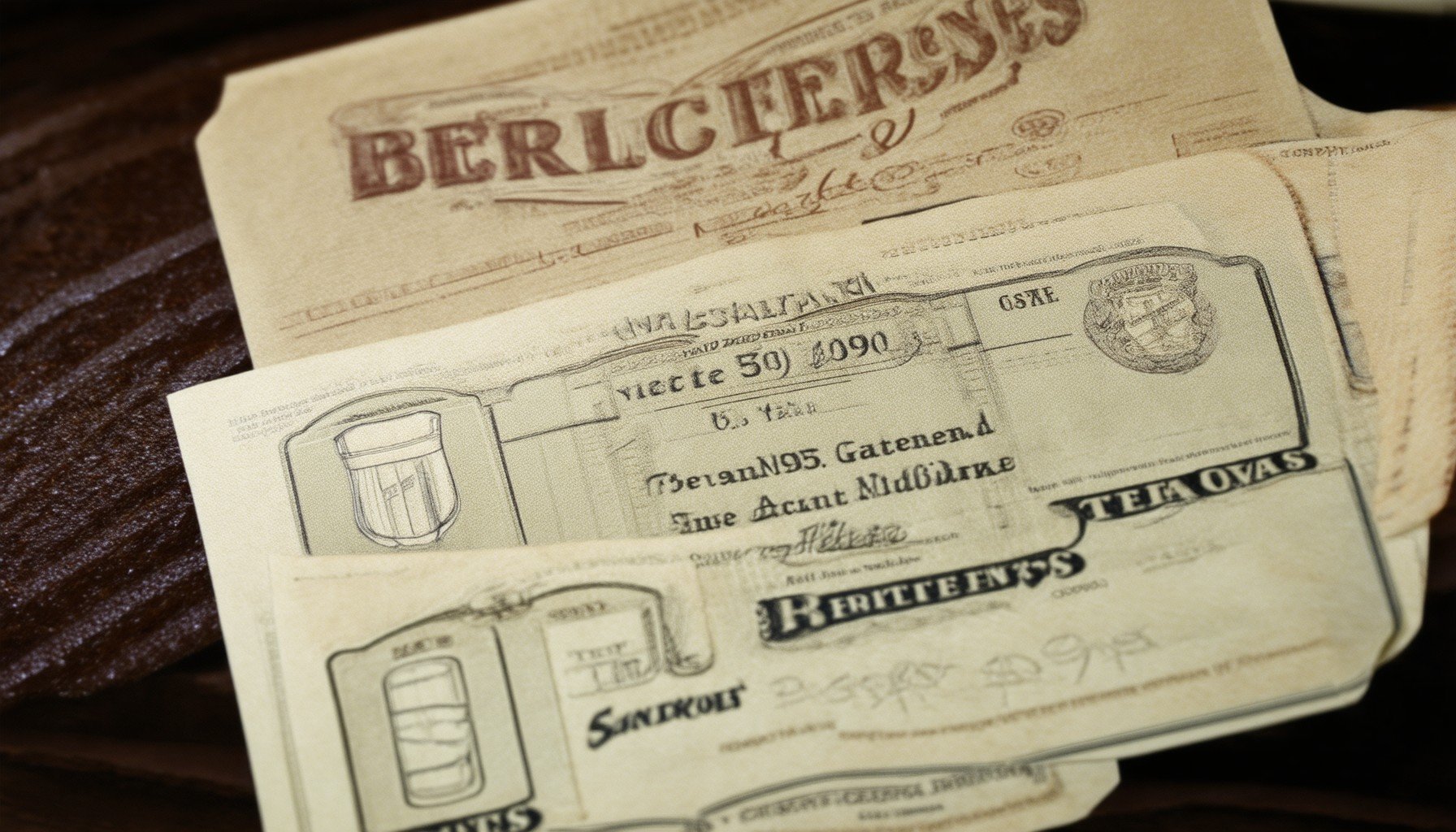
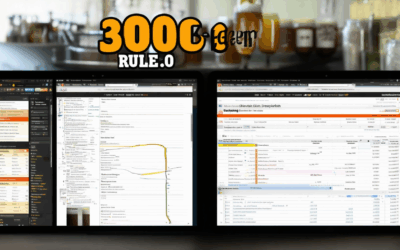
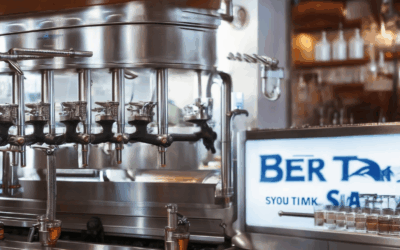
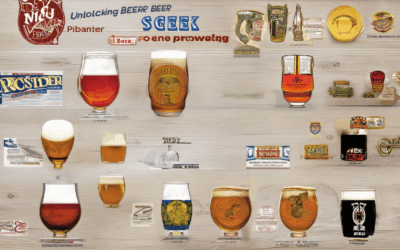
0 Comments